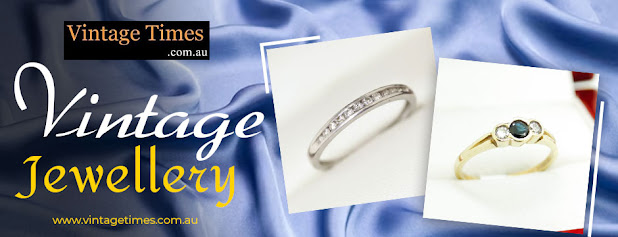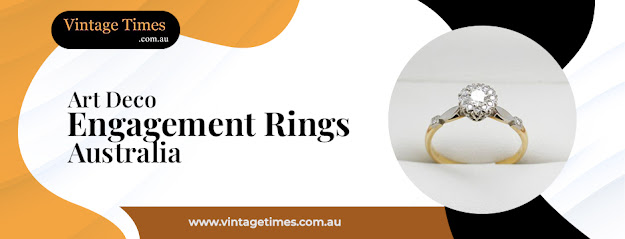Unveiling the Elegance: Decoding the Styles of Antique Engagement Rings
Victorian Splendor: Romanticism and Sentimentality
The Victorian era (1837-1901) marked a time of great social change and romantic ideals. This influence is evident in engagement rings of the period, characterized by ornate designs and intricate details. The most popular styles include:
The Solitaire: Victorian solitaire antique engagement rings featured a single center stone, often set in prongs or bezels. These rings emphasized the beauty of the diamond itself.
Cluster Rings: Also known as "toi et moi" (you and me) rings, these featured two different gemstones, symbolizing the union of two souls. Clusters of diamonds or colored gemstones were artfully arranged to create visually stunning pieces.
Edwardian Grace: Filigree and Delicate Details
The Edwardian era (1901-1910) was known for its delicate, lacy designs and emphasis on intricate metalwork. Engagement rings from this period showcased:
Filigree Work: Elaborate filigree designs were crafted using fine wires of precious metals, creating a lace-like appearance. These rings often featured small diamonds and sapphires.
Nature-Inspired Motifs: Edwardian rings were influenced by the romantic ideals of the time. Designs often incorporated floral and bow motifs, reflecting nature's beauty and femininity.
Art Deco Boldness: Geometric Shapes and Symmetry
The Art Deco era (1920-1939) brought a dramatic shift in style, characterized by bold lines, geometric shapes, and a sense of opulence. Antique engagement rings from this period are marked by:
Geometric Designs: Art Deco rings embraced clean lines, sharp angles, and geometric patterns. Square, hexagonal, and octagonal settings were popular choices.
Colored Gemstones: In addition to diamonds, Art Deco rings frequently featured vibrant colored gemstones like sapphires, rubies, and emeralds. These stones were often set in contrasting colors for a striking effect.
Retro Glamour: Curves and Bold Statements
The Retro era (1935-1950) followed World War II and was characterized by a return to extravagance and bold designs. Engagement rings of this period showcased:
Large Center Stones: Retro rings often featured large center diamonds or colored gemstones, making a bold and captivating statement.
Curvaceous Designs: Unlike the sharp lines of Art Deco, Retro designs favored curves and swirls. Yellow and rose gold were popular choices for creating warm, inviting pieces.
Conclusion
Antique engagement rings are not just pieces of jewelry; they are windows into the past, reflecting the evolving tastes, cultural influences, and artistry of different eras. Whether you're captivated by the romanticism of Victorian designs, the intricate filigree of the Edwardian era, the bold geometry of Art Deco, or the glamorous curves of the Retro period, each antique engagement ring tells a unique story of its time. The name of Vintage Times, Inc can be taken as the trustable store for vintage ornaments in Australia. Along with the variety of stocks and proven track records, this shop has gained immense admiration from the customers. So if you have a different note of taste regarding the selection of ornaments, visit the page of Vintage Times, Inc right away.



Comments
Post a Comment